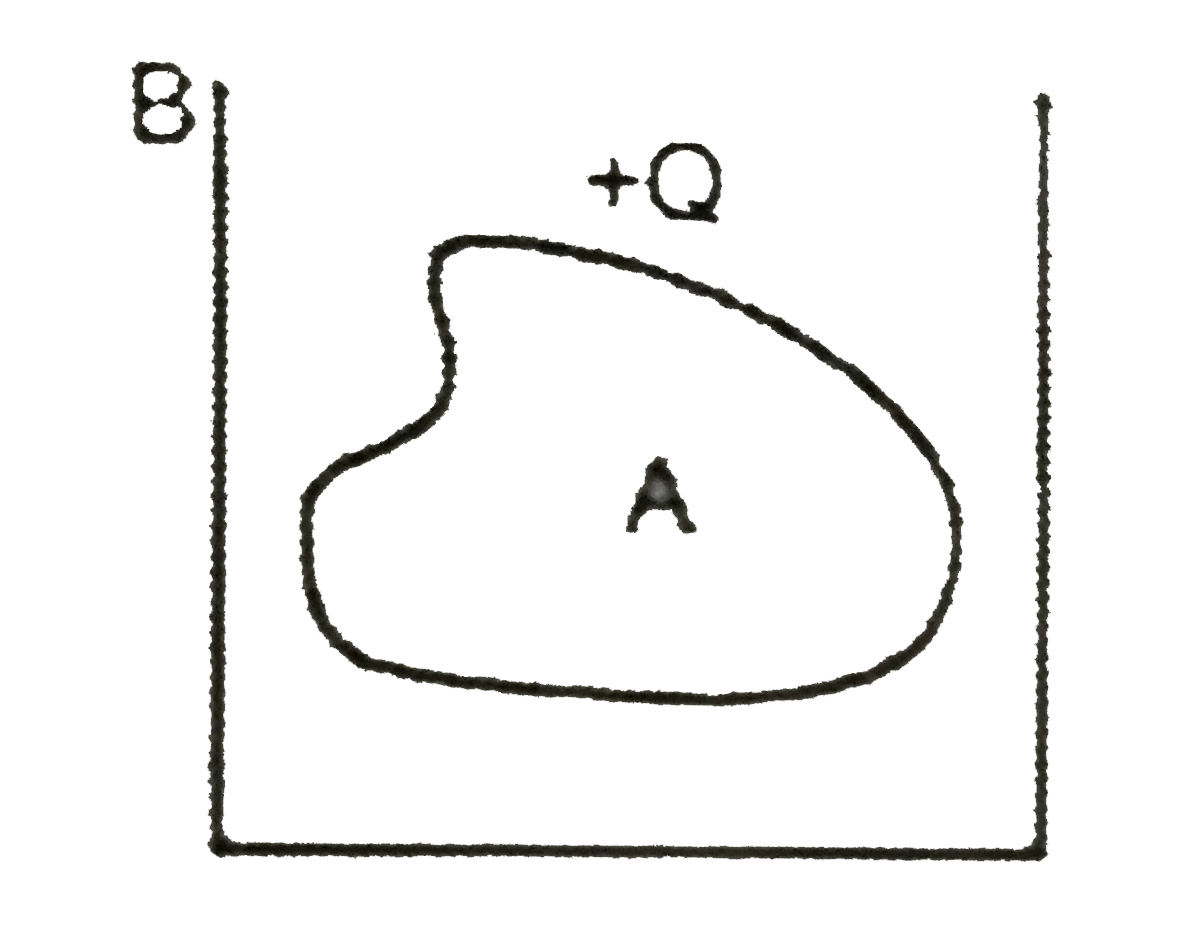How can you charge a metal sphere negatively without touching it?
A metal sphere can be charged negatively without touching it by the process of induction. For details, refer to Art . 1(a).7.
Similar Questions
Knowledge Check
Electric field of an isolated charged metallic sphere at any interior point is
AzeroBoneCproportional to fieldDinfiniteThere is a metal object A connected to the earth with the help of a connecting wire. A positively charged object B is brought nearer to A without touching it Which of the following statement is correct?
AElectrons will flow from A to earthBElectrons will flow from earth to ACCharge will be induced on A but there is no transfer of charge from or towards the earthDNone
A conductor A is given a charge of amount +Q and then placed inside a deep metal can B, without touching itAThe potential of A does not change when it is placed inside B.BIf B is earthed +Q, amount of charge flows from it inot the earth.CIf B is earthed, the potential of A is reduced.DEigther (b) or (c) are true, or both are true only if the outer surface of B is connected to the earth andnot its inner surface.
How can we charge two metallic spheres with equal and opposite charge using the method of induction?
View Solution(a) How will you distinguish between convex lens and concave lense without touching them?
(b) Linear magnification of a concave lens is always positive, whereas that of a convex lens can be both, positive or negative . Why?
View SolutionMetal sol is negatively charged.
View SolutionTwo isolated metal spheres are identical. They are electrically neutral and are touching. An electrically charged rod is then brought near the spheres without touching them, as the drawing shows. After a while, with the rod held in place, the spheres are separated, and teh rod is then removed. The following statements refere to the mases mA and mB of the spheres after they are separated and the rod is removed. Which of the follownig statements is true?

View SolutionFor charged metallic sphere, potential changes with respect to distance from the centre as:
View Solution
